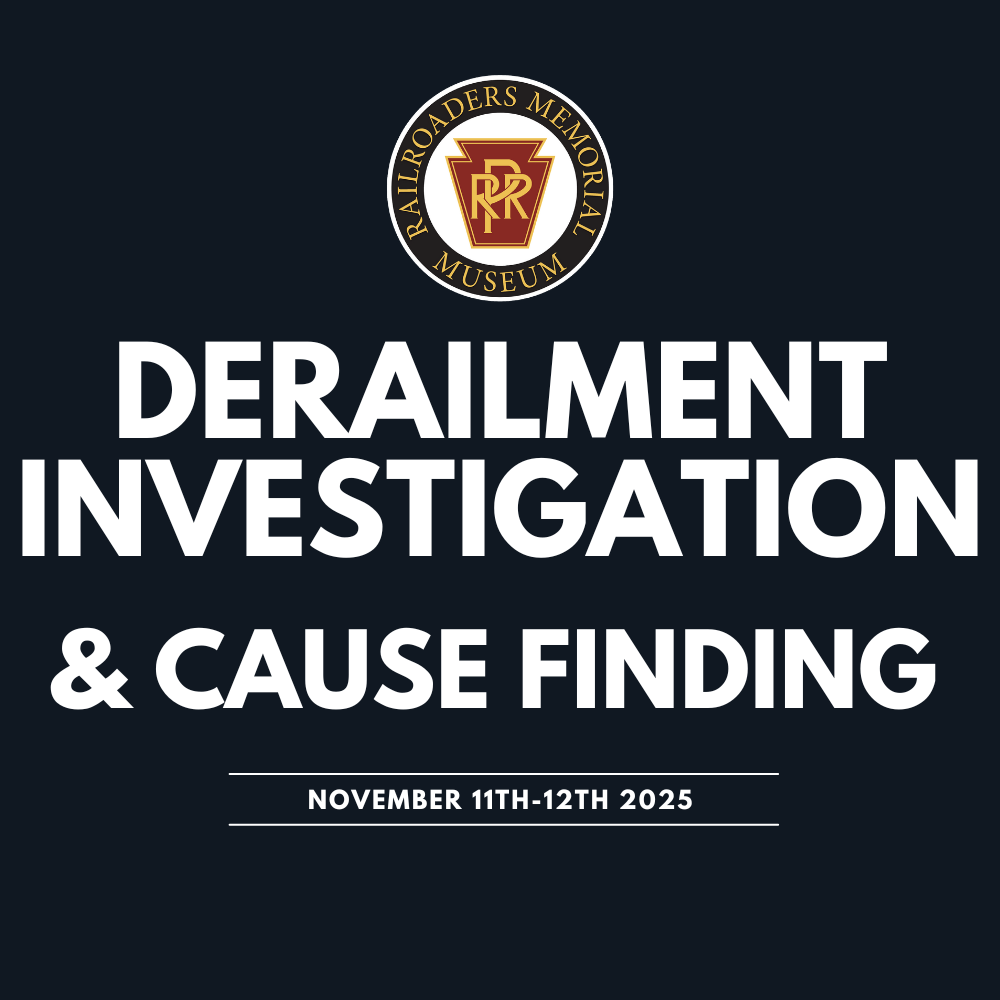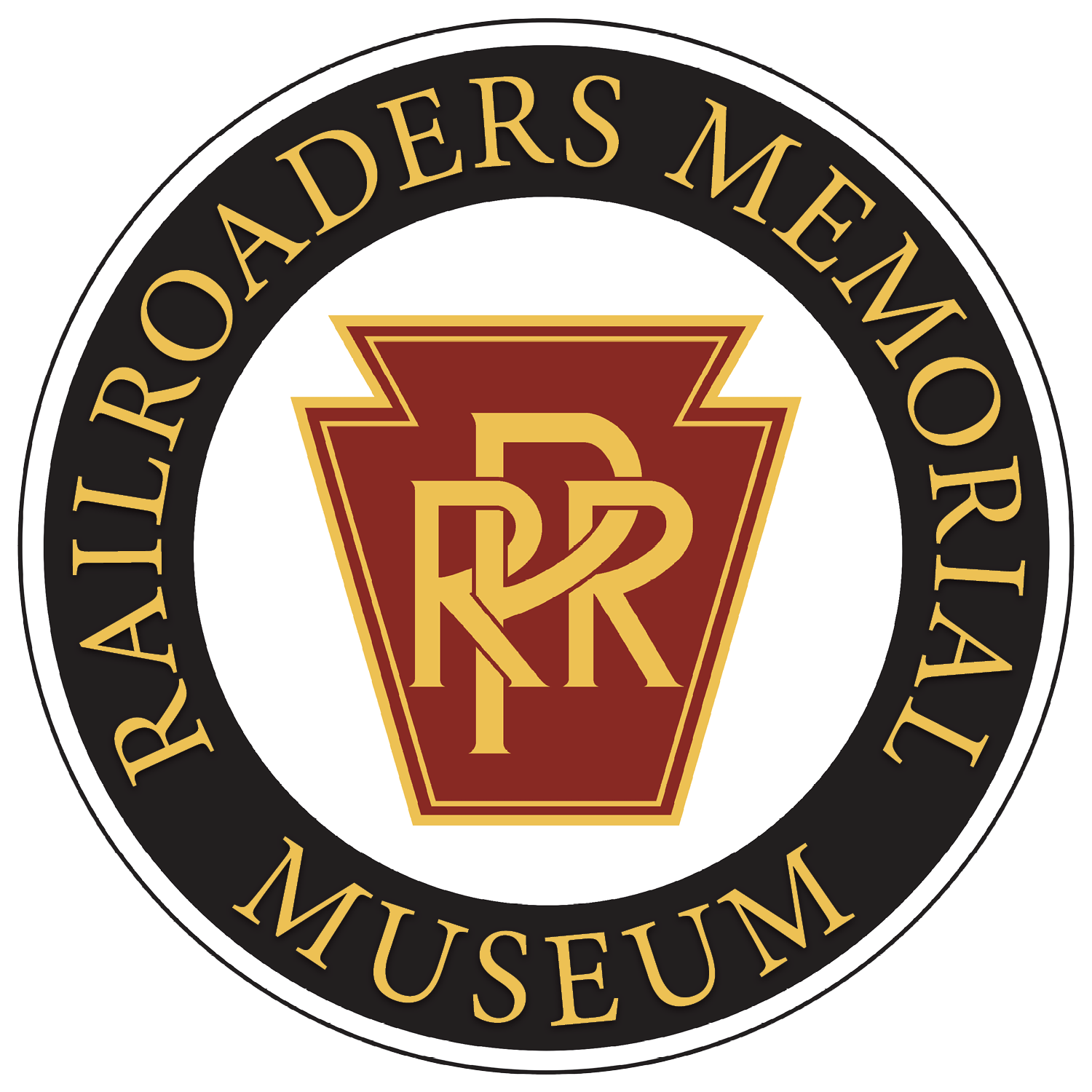TRAINING CLASSES

Derailment Investigation and Cause-Finding Training
When: November 11th (8AM-5PM) and 12th (8AM-noon) 2025
Where: Railroaders Memorial Museum
1200 9th Ave Altoona PA 16601
Cost: $200 per participant or $500 for (up-to) three participants per railroad/organization
“One-wheelers” and single-car derailments are the canary in the coal mine. Are you investigating them to find the root causes, so bigger derailments don’t happen?
This class will teach you how to investigate derailments to find the true root cause(s), to prevent recurrence. It is intended for mid-level railroad operations managers, such as
- Track supervisors, roadmasters, division engineers
- General supervisors, division mechanical managers, master mechanics
- Supervising locomotive engineers, road foremen, division superintendents
Railroads receive the most beneficial training when members of all three departments attend together, because derailment-causing factors and conditions are often interrelated. Railroaders, whether “wearing many hats” at short lines or departmentally specialized at Class I’s, need to understand why derailments happen and how to prevent them.
Day 1 morning classroom instruction includes:
1. Fundamentals – Safety and Philosophy of Cause-Finding
2. Communication and Basic Concepts
3. Collecting Information
a. Point Of Derailment (POD) and first wheel to derail
b. Train operating information
c. Track inspection
d. Equipment inspection
Day 1 afternoon hands-on training includes:
- Mechanical “truck teardown” inspection: wheel profiles, bearing adapters, spring nests, wedge rise, side bearings, centerbowl and centerplate; plus draft gear and carbody.
- Track measurements: gage, crosslevel, and mid-chord alignment at stations and joints
Day 2 morning classroom instruction includes:
1. Investigations, POD intact: wheel lift and climb, stringline, jackknife, blowover
2. Investigations, POD destroyed: rail rollover, broken rail, broken or loose wheels
3. Investigations, turnout related: picked switches, guardrail climbs
4. Analysis: Event recorder, train makeup, track geometry car data
5. Write-up/Close-out
The instructor for this training will be Walter Rosenberger. Walter has over 25 years of railroad experience, primarily investigating hundreds of derailments at Rail Sciences Inc. and Norfolk Southern Research and Tests. He has investigated, analyzed, and computer-simulated many types of derailments to understand the physics and causal factors involved, so you can understand why your derailments happen, and how to prevent them.
The cost is $200 per participant or $500 for up to three participants from a single organization.
(This is to encourage engineering, mechanical, and transportation employees to attend together.) Pre-registration is required along with payment by credit card to the Railroaders Memorial Museum using this link: https://www.railroadcity.org/trainings. Participants should provide their email address to receive additional class information.
Direct questions to Walter Rosenberger at walter@railphysics.com or 540-597-2428.
